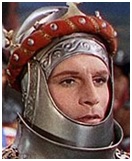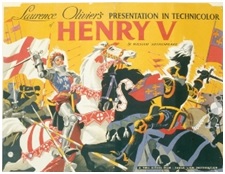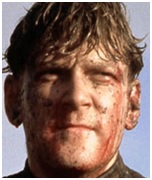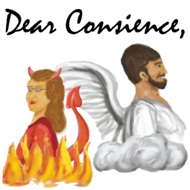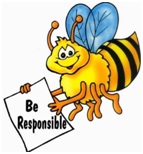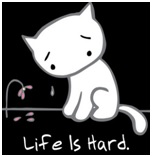|
 |
|
 |
Shakespeare's Henry V - Leadership and
Ethics
Henry V
Key character Henry V, king of England (previously Harry, or Hal in Henry IV Parts 1 and 2).
Fun facts The famous English actor, Laurence Olivier, directed and starred in the 1944 Oscar winning film version (pictured right) - the film poster is pictured below. This was used to boost morale in wartime Britain.
The story England's King Henry V decides to invade France as Anglo-French relations deteriorate. The French king’s heir, Louis the Dauphin, insultingly gives Henry a barrel of tennis balls to remind him of his irresponsible youth (see Henry IV Parts 1 and 2). Henry:
The French king, Charles VI, then fights Henry at the Battle of Agincourt. The night before it begins, Henry:
The next day he rouses them for battle with an inspiring speech. Despite being outnumbered five to one, they win a famous victory, losing only 25 men with over 10,000 French dead.
Henry marries Princess Catherine, the French king’s daughter. All seems happy between the two countries, but the Chorus warns that this will change under Henry’s son. Henry VI.
Lessons on leadership and ethics 1. Communication Henry’s great speeches inspire his troops to victory, even though they are tired and demoralized. Outside the walls of Harfleur after a three month siege, he motivates his troops with one of the greatest speeches in Shakespeare. It famously begins: “Once more unto the breach dear friends, once more; or close the wall up with our English dead!”.
2. First among equals Despite being king, Henry treats his people as equals. In his Harfleur speech he calls his troops “dear friends” (see point 1) In his speech before the Battle of Agincourt, he sees the army as one big family united by a common purpose: “We few, we happy few, we band of brothers”. He also meets his troops in disguise to find out their opinions. One of them, Michael Williams, openly attacks the king. “Few die well that die in battle”, he tells him. But later Henry goes out of his way to forgive him. 3. Duty and conscience Henry tells Michael Williams that people must
“Every subject’s duty is the king’s, but every subject’s soul is his own”, Henry says. But many of his men (including Williams) disagree with his belief that it is a wonderful thing to die for your country (see point 2).
4. You can’t win over everybody Not all of his troops are brave. One of them says he would give up fame in battle for “a pot of ale and safety”. 5. Character Henry advocates different virtues for different situations in his Harfleur speech:
But, whatever the circumstances, honour (doing your duty and following your principles) is always important to him. Just before the Battle of Agincourt, he says: “If it be a sin to covet honour, I am the most offending man alive”. Henry:
6. Tough but tender Henry is kind to his people (forgiving Michael Williams and releasing a prisoner for a minor offence) but tough on his enemies. At Harfleur he ruthlessly threatens murder and pillage with “your naked infants spitted upon spikes”, if the French didn’t surrender. He also executes all the French prisoners there. 7. Leadership is difficult Like his father, Henry IV, he feels the pressures of leadership. Just before the Battle of Agincourt, he laments “What infinite hearts ease must kings neglect, that private men enjoy!”
8. Action is all One of Henry’s biggest strengths is his ability to get people’s support to achieve his aims as quickly and effectively as possible. He makes the best use of the resources at his disposal.
Key quotes on leadership Once more unto the breach dear friends, once more; or close the wall up with our English dead! In peace there’s nothing so becomes a man as modest stillness and humility, but when the blast of war blows in our ears, then imitate the action of a tiger (the beginning of his Harfleur speech), Henry V Every subject’s duty is the king’s, but every subject’s soul is his own, Henry V
Key quotes on communication Men of few words are the best men, Boy (ex-servant of Falstaff who goes to war in France).
Key quote on ethics There is some soul of goodness in things evil, would men observingly distil it out, Henry V. |
|
|
||
|
|
|
||
|
||
| Copyright © wisdomtowin.com All Rights Reserved | ||
|


